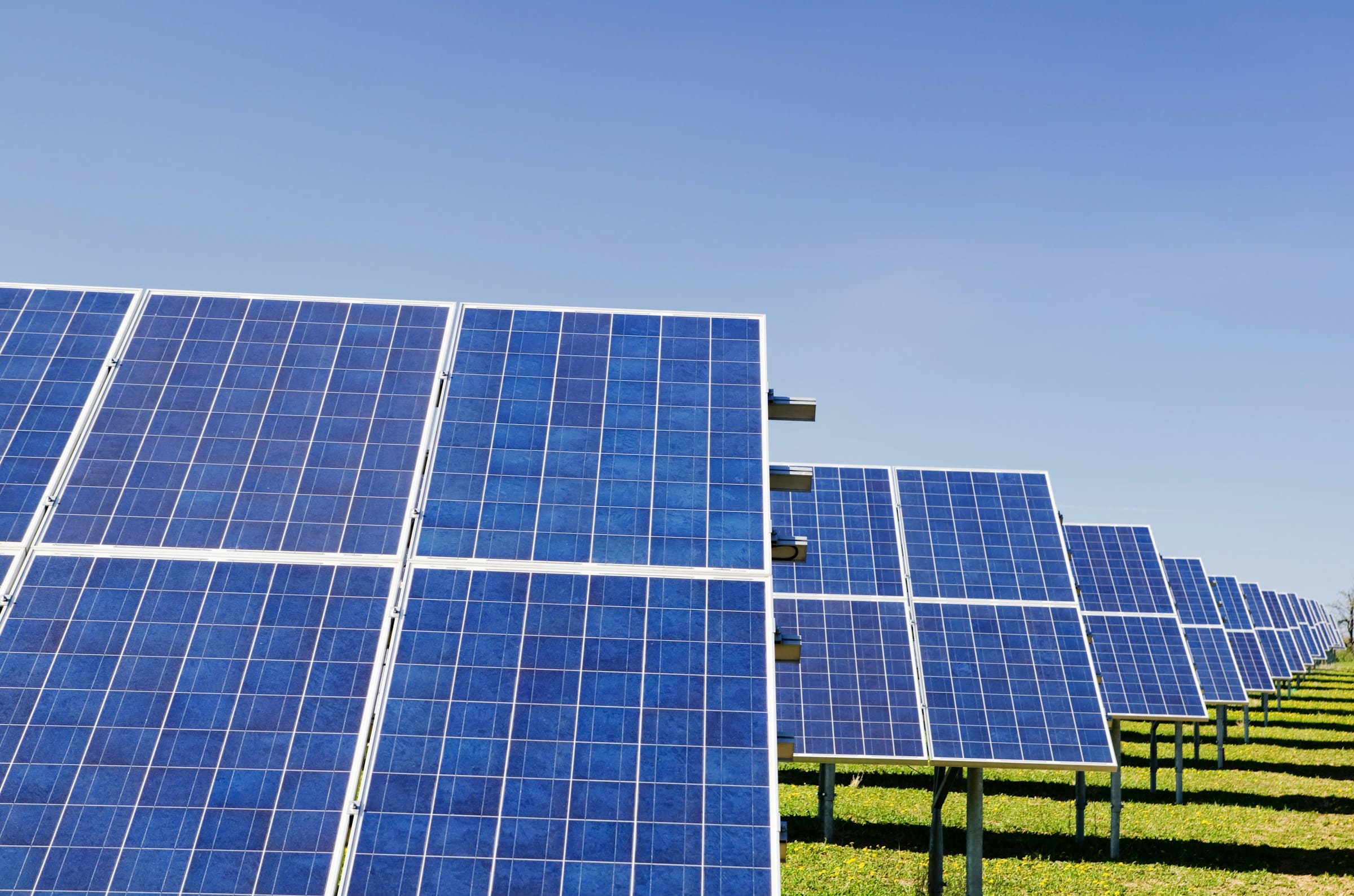How Are UK Energy Companies Using AI to Optimize Renewable Energy Sources?

In the world today, there is a surge in the demand for renewable energy sources. As the UK grapples with reducing its fossil fuel dependence, it has increasingly turned to renewable energy sources like solar and wind. But with this growing dependency comes the challenge of managing these unpredictable energy sources. How do energy companies ensure a consistent supply of power when the sun doesn't shine or the wind doesn't blow? Enter Artificial Intelligence (AI). AI has emerged as a powerful tool to help the energy sector optimize the use of renewable sources. This article will delve into how UK energy companies are leveraging AI to enhance the efficiency and performance of their renewable energy systems.
AI and Energy Data Intelligence
In the energy industry, data is like a gold mine waiting to be discovered. It holds the key to understanding patterns, predicting demands, and making significant energy-saving decisions. However, with the sheer volume of data generated from various sources like smart meters, weather forecasts, and power plants, it becomes nearly impossible to process and analyze this data manually.
Dans le meme genre : How Can UK Cities Utilize AI for Efficient Waste Management?
This is where AI comes into play. Artificial Intelligence systems have the ability to churn through large amounts of data, identify meaningful patterns, and provide actionable insights. In the renewable energy sector, AI can help predict power production based on weather forecasts, optimize grid operations based on real-time data, and even anticipate energy demand to prevent power shortages.
For example, DeepMind, a UK-based AI company owned by Alphabet, has developed an algorithm that uses weather forecasts and historical turbine data to predict wind power output 36 hours in advance. This prediction not only helps in efficient grid management but also enables energy companies to make more informed decisions about when to store and sell energy.
A découvrir également : How Can UK Schools Use AI to Personalize Student Learning Paths?
AI for Solar Energy Optimization
Solar energy has become a popular renewable energy source in the UK, but its variable nature poses a significant challenge to energy companies. AI can help in predicting the output of solar power plants based on weather data and optimizing the operation of solar panels.
Several UK energy companies are using AI to monitor and control solar photovoltaic (PV) systems for optimal performance. AI algorithms analyze data from weather stations and solar panels to determine the best angle for the panels to capture maximum sunlight. Besides, AI can predict equipment failures or maintenance needs based on historical data, thereby minimizing downtime and improving overall efficiency.
AI in Smart Grid Technology
The advent of smart grids has revolutionized the energy industry by promoting the integration of renewable energy sources into the grid. However, managing a smart grid with numerous interconnected devices can be daunting. Here again, AI can provide a solution.
AI can help in real-time monitoring, control, and decision-making in smart grid infrastructure. It can analyze data from various grid-connected devices and adjust power distribution based on current demand and supply. It can also detect anomalies or potential faults in the grid, thereby enhancing reliability and preventing power outages.
UK Power Networks, one of the largest energy distribution companies in the UK, has been utilizing AI to manage its smart grid effectively. It uses AI to analyze data from various sources, predict energy demand, and optimize power distribution.
AI-Driven Energy Storage Systems
Energy storage is a crucial aspect of renewable energy systems, given their intermittent nature. AI can play a crucial role in optimizing energy storage systems, ensuring that excess energy produced during peak production periods is stored and used during peak demand periods.
AI can predict energy demand and supply patterns, enabling energy companies to make better decisions about when to store and when to release energy. This not only ensures a consistent power supply but also helps in reducing energy wastage.
For instance, Moixa, a UK-based energy tech company, has developed an AI-powered energy storage system that can learn and adapt to the user's energy consumption patterns. It can store excess solar energy during the day and use it during peak demand periods, thereby maximizing energy use and minimizing energy costs.
Transforming Business Models in the Energy Sector
Beyond optimizing renewable energy systems, AI is also transforming business models in the energy sector. It is enabling energy companies to transition from traditional utility models to more customer-centric models.
AI can help energy companies understand customer behavior, predict energy demand, and customize their offerings accordingly. It can also empower customers to manage their energy consumption more effectively through smart devices and personalized energy-saving recommendations.
Companies like British Gas are leveraging AI to deliver personalized energy services to their customers. They use AI to analyze customer data, understand energy consumption patterns, and offer tailored energy-saving tips. This not only enhances customer satisfaction but also promotes energy efficiency at a broader level.
In conclusion, AI is paving the way for a more efficient and sustainable renewable energy sector in the UK. By harnessing the power of AI, energy companies can optimize the use of renewable resources, improve grid management, and deliver personalized energy services, thereby contributing to a greener and healthier planet.
Advanced Predictive Analytics in Renewable Energy
The world of renewable energy is unpredictable. The sun doesn't always shine, and the wind doesn't always blow – and yet, the demand for energy remains constant. This is where advanced predictive analytics powered by AI can come into play. Predictive analytics is a subfield of AI that uses historical data to predict future outcomes. In the context of renewable energy, these predictions could revolve around weather patterns, energy demand, or even the performance of renewable energy equipment.
For instance, Open Climate Fix, a UK-based not-for-profit research lab, focuses on reducing greenhouse gas emissions using machine learning. They are currently developing a solar energy forecasting system leveraging machine learning to predict cloud movements better. This system can provide real-time forecasts, ensuring optimal energy production from solar farms, improving grid stability, and reducing reliance on fossil-fueled power stations to balance the grid.
Another example is Reactive Technologies, a UK-based energy tech firm, providing advanced analytics and measurement services to energy sources. Their cloud-based GridMetrix platform uses machine learning to forecast system inertia, assisting grid operators in managing power supply and demand better, and enabling a smoother integration of renewable resources into the grid.
AI in Energy Efficiency and Conservation
Energy efficiency is about doing more with less; this means maximizing the output while minimizing the use of resources. AI can play a crucial role in boosting energy efficiency within homes, businesses, and even entire cities, leading to significant energy and cost savings.
In the UK, several energy tech companies are using AI to analyze energy consumption data from smart meters and provide personalized energy-saving recommendations to consumers. For instance, Verv, a UK-based AI and blockchain startup, has developed an AI-based smart hub that tracks the energy consumption of each appliance in a household and offers tips to reduce energy waste.
Similarly, Grid Edge, another UK-based energy tech company, uses AI to help businesses reduce their energy consumption. Their AI software uses predictive analytics to foresee a building's energy needs, allowing for more efficient use of energy and reducing carbon emissions.
Businesses can also tap into AI's potential to enhance energy efficiency in data centres, which are known for their high energy consumption. Google's DeepMind AI has been used to reduce the amount of energy used for cooling its data centres by up to 40%, showcasing the massive potential of AI in energy conservation.
As the UK continues its quest towards green transitions, it is evident that artificial intelligence has an essential role to play. AI's ability to process vast amounts of data in real time, predict future scenarios, and optimize systems can help the energy sector overcome many of the challenges associated with renewable energy sources.
Whether it's improving the predictability of energy production from renewable resources, enhancing the efficiency of energy storage systems, enabling smart grids, or boosting energy conservation, AI is proving to be an invaluable tool for the energy industry. With continued investment and innovation in AI, the UK's renewable energy sector is set for a more efficient, sustainable, and promising future.
